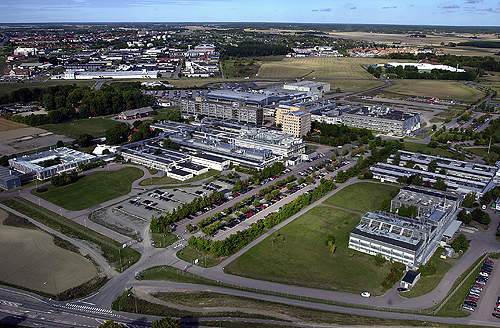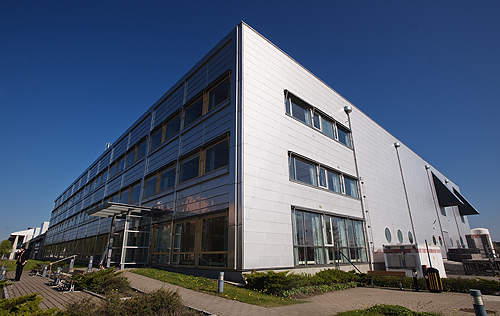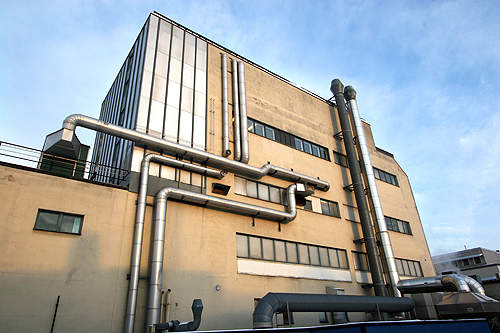India-based contract manufacturer Kemwell launched a new solid and semi-solid pharmaceutical manufacturing facility in Sweden on 18 May 2010. Located in the Uppsala Business Park, the new facility is Kemwell’s second such in Sweden, launched as part of an expansion to Kemwell’s operations in the country. Kemwell’s first solid and semi-solid manufacturing facility in Sweden was acquired from Pfizer in 2006 for an amount close to €37.5m. The first facility has been approved by the US FDA, the European Medicines Agency (EMEA) and the regulatory authority of Japan. It operates with 175 people.
The new facility will allow the company to increase production and expand into other product types. The approximately €2m expansion has doubled Kemwell’s total production area in Sweden. The new facility is in line with the expansive phase of the company that is in the process of finalising discussions with a number of international pharmaceutical companies. The company is also increasing its analytical and method development, and stability studies besides re-analysis of products for the EU market, that are produced outside EU.
Production at the new facility is expected to begin in 2010. The new facility includes approximately 9,000m² of leased space at the Uppsala Business Park. Kemwell has leased the space from real estate company Klovern for a period of 16.5 years. It will begin occupying the site in stages, from the third quarter of 2010.
Production facility
The new state-of-the-art facility extends 15,000m² and features a high level of automation, flexibility and contamination control. It has extended the total production floor space to 31,000m². Kemwell’s first manufacturing site covers 16,000m².
The site accommodates four distinct units including one for production of active pharmaceutical ingredient (API); one dedicated to producing and packaging tablets, capsules and suppositories; one for quality control and one for warehousing activities.
The API unit is equipped with wet and dry granulators, compactors, blenders, high shear mixers, fluid bed dryers, tablet press machines, capsule filling lines, semi-solid moulding machines, tablet coating machines and vision inspection machines. The packaging unit is outfitted with five packaging lines.
Two lines are dedicated to accommodate bottled tablets while one is meant for blisters, one for capsule filling and the one for bulk filling.
Production
The new facility will produce tablets, suppositories and capsules. Production of other formulations will also be undertaken. The unit will operate at an annual capacity of three billion units.
The original Uppsala site manufactures the active pharmaceutical ingredient and finished product of Salazopyrine, an anti-inflammatory drug. It manufactures solid dose tablets, sugar-coated and film-coated tablets, effervescent and bi-layer tablets, suppositories and hard gelatine capsules that are filled with granules, powders, pellets or liquid orals. Between 800 and 1,000 million tablets and suppositories are produced on site annually. The products are supplied to more than 80 markets globally. The site additionally coats 600 million tablets annually and develops a broad range of packaging including approximately 100 diverse packaging combinations.
Primary packaging components produced at the facility include blisters of Alu-PVC, Alu-PVC/PVDC, Alu-Aclar, ALU-ALU, ALU/PE-ALU/PE and ALU-Triplex foil. Glass bottles, plastic bottles, aluminium and plastic tubes containers and sachets / pouches are manufactured too. Secondary labelling and packaging components produced at the plant include blisters, containers and tubes.
Process technology
Core technologies adopted at the facility include wet and dry granulation, compaction, blending and high shear mixing, fluid bed drying, tablet pressing, capsule filling, semi-solid moulding, coating and visual inspection.
Prior to compression, the API is appropriately blended and granulated to assure that the right amount of API is distributed in each of the final tablets. Compression is carried out in multiple stages including pre-compression. Once the tablets are compressed, they are subsequently coated.





